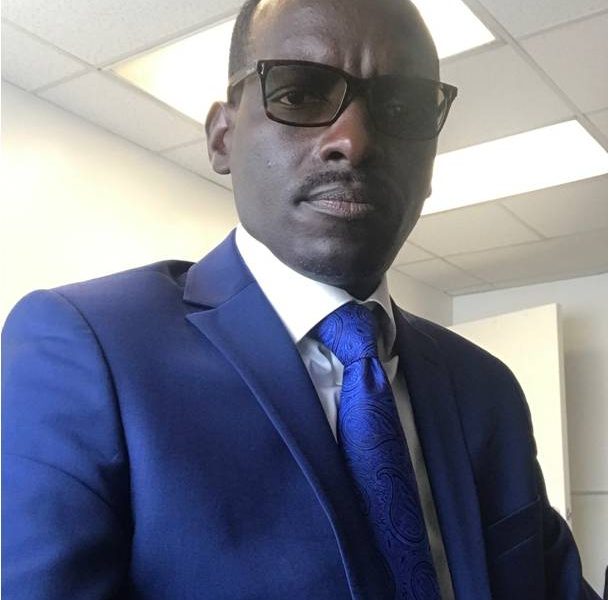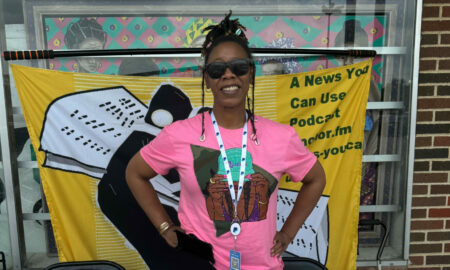

Today we’d like to introduce you to Justin Nsenga.
Justin, let’s start with your story. We’d love to hear how you got started and how the journey has been so far.
I am originally from the Democratic Republic of Congo (DRC). I have been in the US for 13 years. I started this organization in 2013 after noticing the scarcity of mental health services for refugees. I left my job and went on to start this Partners for Refugee Empowerment along with two other people, who are no more involved with the organization.
There have been bumps in the road, but people of good faith and different organizations have partnered with us to support the families in need to settle and contribute to the life of our city.
Has it been a smooth road?
Helping refugees has not been easy. As a small nonprofit, PRE relied on donations and grants. It is understandable that this limits us to how much we can do to help those families. Also, PRE serves those clients whose cases are closed with the resettlement agencies. When they come to PRE, they pretty much in need of things like finding a job, applying for medical insurance, applying for food stamps, etc. The struggles have been in many areas, but the most pressing is in the area of financial stability, which is the only way this organization can continue doing what it is doing.
Although there were struggles along the way, I am thankful that we were supported by individuals, local foundations, and the federal government. Also, our work has helped many refugee families to settle and to be a contributing part of our city, state, and country. There are several positive and success stories.
So let’s switch gears a bit and go into the Partners for Refugee Empowerment story. Tell us more about the business.
Partners for Refugee Empowerment (PRE) was founded in 2013 with the mission of addressing the mental health issues among the refugee population. All refugees come to the United States with traumatic experiences caused by war and conflicts they went through back in their countries of origin. Many of those refugees witnessed or were the victims of torture and other inhumane treatment.
Four years later, PRE has served over a thousand people in different capacities. In addition to mental health services, counseling, and case management, PRE has been supporting refugees to learn English, study for the citizenship test, helped refugee parents to understand the US culture, the education system, and much more.
How do you think the industry will change over the next decade?
Honestly, the social services field, especially those serving refugees are in a dire situation. Our country’s current administration has made the refugee issue more political than humanitarian. Funds have been reduced or eliminated in some areas, and some states, including our state of Texas, have withdrawn from the federal resettlement program. Based on the above factors, it looks like a shady industry. To be honest, the next 5-10 years will depend on how our government acts and reacts regarding the immigration issues.
Contact Info:
- Address: 4200 S. Freeway, Suite 260, Fort Worth, TX 76115
- Website: www.pfre.org
- Phone: 817-207-9200
- Email: justin@pfre.org


Getting in touch: VoyageDallas is built on recommendations from the community; it’s how we uncover hidden gems, so if you know someone who deserves recognition please let us know here.

















